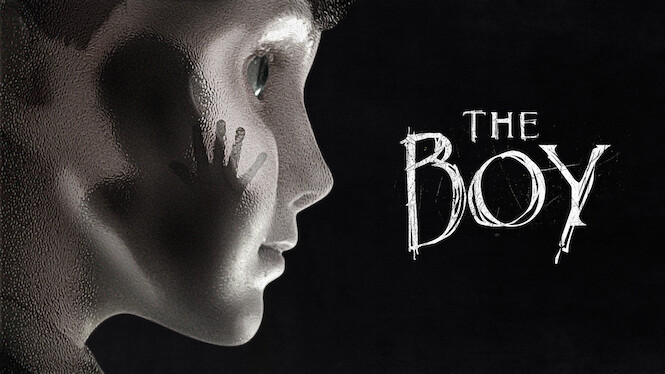
Assassin Club (2023) is a stylish but formulaic action-thriller directed by Camille Delamarre, best known for his fast-paced visual style (Brick Mansions, Transporter: Refueled). Featuring Henry Golding in his first full-blown assassin-lead role, the film delivers a globe-trotting, high-concept premise — kill or be killed — in a world where even the hunters are being hunted.
Morgan Gaines (Henry Golding) is a top-tier contract killer who lives under the radar, executing high-level assignments through a faceless handler named Caldwell (played by Sam Neill). Morgan wants out of the life, especially after falling in love with Sophie (played by Daniela Melchior), a compassionate schoolteacher unaware of his past.
But just as he prepares to walk away, Caldwell offers him a final, high-paying mission: eliminate six deadly assassins—located across Europe—before they eliminate him. Morgan accepts, but soon discovers the catch: the six targets have also been hired to kill each other, including him. It's a blood-soaked game of survival, where the last assassin standing wins... or does he?
Among the killers is the enigmatic and brutal Falk (played by Noomi Rapace), a merciless operator with a personal vendetta and a philosophical edge. As bodies pile up and identities blur, Morgan starts to question who's really pulling the strings — and whether there’s any way to escape a life built on blood.
True to Delamarre’s strengths, the film’s action scenes are tightly choreographed and kinetic, with fight sequences that blend tactical combat, car chases, and close-quarters showdowns in exotic locales like Paris, Marrakesh, and Rome. Each assassin has a distinct method, offering variety — from sniper duels to knife fights to explosive traps.
However, the plot often falls into predictable territory: the “one last job” trope, the girlfriend in peril, the obligatory twist involving the handler, and the hero discovering he’s been a pawn all along. Still, it’s elevated by Golding’s charisma and Rapace’s intensity, both bringing more to their roles than the script offers.

Assassin Club flirts with deeper themes—identity, agency, and the cost of killing—but rarely dives deep. Morgan’s struggle is internal, but the film focuses more on external spectacle. His relationship with Sophie provides a humanizing anchor, though it’s underdeveloped. Falk, on the other hand, steals the philosophical spotlight, questioning the system that raised them to be weapons.
The ending is open-ended. After faking his death and exposing Caldwell’s hidden network, Morgan disappears into anonymity. But in a final scene, a new contract appears on the dark web — with his photo on it again. The implication? No one leaves the Assassin Club alive… unless they burn it down completely.
A sequel (Assassin Club: Vendetta) could follow Morgan taking the fight to the global syndicate and mentoring a younger assassin caught in the same trap.
Assassin Club (2023) delivers sleek violence and classic hitman thrills, but doesn't quite transcend the genre. It’s a satisfying one-time watch for fans of John Wick, The Mechanic, or The Killer. Stylish, familiar, but just sharp enough to leave a mark.
-1749883293-q80.webp)

